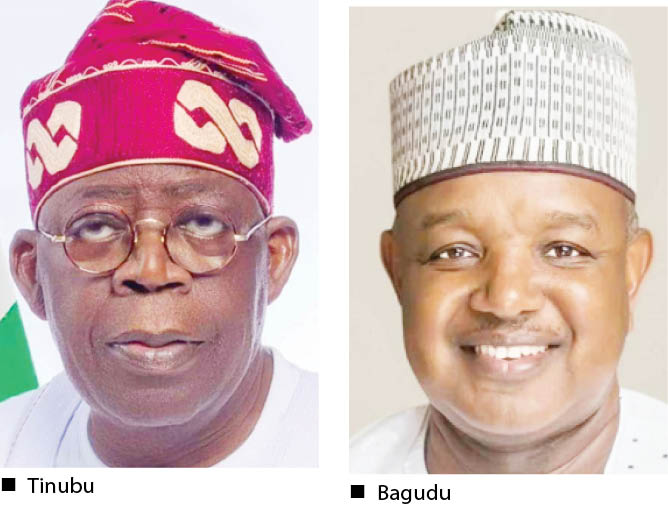
The decision of the Nigerian federal government to sign the controversial Samoa Agreement has sparked outrage among clerics, rights activists, and Civil Society Organisations (CSOs). The agreement, signed on November 15, 2023, in Samoa, reportedly includes clauses that compel underdeveloped and developing nations to support the recognition of the Lesbian, Gay, Bisexual, and Transgender (LGBT) community as a condition for receiving financial and other support from advanced societies. This move has drawn criticism due to the clash with Islamic and Christian values, as well as cultural sensitivities in Nigeria.
The controversy came to light on July 1, when Nigeria’s Minister of Budget and Economic Planning, Alhaji Abubakar Atiku Bagudu, confirmed the development at a reception organized by the European Union (EU) in Abuja. However, Bagudu’s media assistant, Bolaji Adebiyi, clarified that the documents signed by the federal government were strictly related to economic development, specifically a $150 billion trade component, and did not mention LGBT or same-sex marriage.
Despite this clarification, concerns remain high. Kamarudeen Ogundele, spokesman for the Attorney General of the Federation and Minister of Justice, Lateef Olasunkanmi Fagbemi SAN, was contacted for further information but had not provided a response by press time.
Sonnie Ekwowusi, a Lagos-based lawyer and Chairman of the Human and Constitutional Rights Committee of the African Bar Association (AfBA), raised alarms about the agreement in an article, describing it as a celebration of perversity and a threat to Nigeria’s sovereignty and democracy. He criticized Nigerian officials for signing the agreement without fully understanding its implications and called for immediate withdrawal from the agreement and an inquiry by the National Assembly.
The Samoa Agreement has faced widespread opposition, with 34 other African, Caribbean, and Pacific countries, including Uganda, Tanzania, and Botswana, also refusing to sign. The European Union issued a significant threat following these refusals, but the controversy over Nigeria’s involvement persists, with calls for accountability and reversal of the decision.